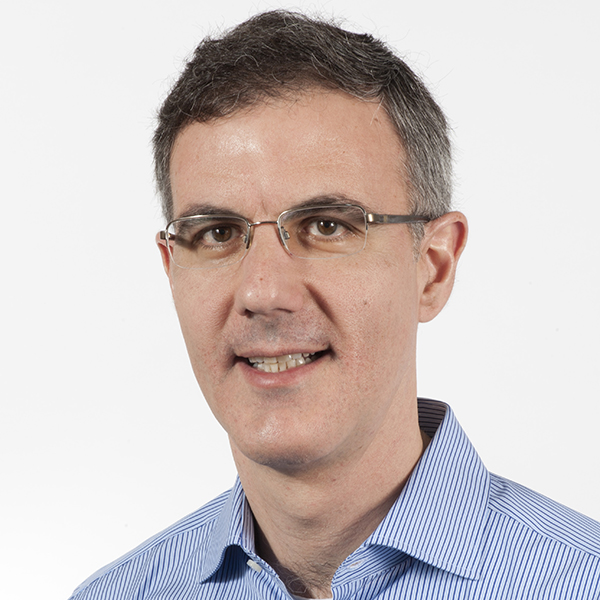Materials Grant Reimbursement Recipients
The Division of Materials Science and Engineering awarded Professors Soumendra Basu (ME), Xi Ling (Chemistry), Roberto Paiella (ECE), and Joerg Werner (ME) $10,000 each in User Fee Reimbursement funds for local instrumentation not available at Boston University, as well as PhD student training and user time. The four award recipients will use the funds at the Center for Nano Systems (CNS) at Harvard University.

Professor Basu will use the funds for the Focused Ion Beam-scanning electron microscope (FIB/Sem) system. He hopes to achieve sounder and clearer pictures at a more microscopic level with the high level 3-D Transmission Electron Microscope (TEM) for research on high resolution quantitative characterization of complex, multiphase, porous microstructures. Jillian Rix Mulligan, a 4th year MSE PhD student, will also use the FIB to extend her research work on connecting microstructural changes in energy generation and storage systems.

Professor Ling will also use the award for the use of the TEM. Lu Ping (MSE PhD student) is working with Professor Ling on the synthesis of nonconventional 2D materials that cannot be accessed using conventional synthesis methods. This grant will be used to support her research and train her to be an XPS expert.

Professor Paiella’s research revolves around optoelectronic devices using applications in imaging, sensing, and optical communications. Because this research requires extensive nanofabrication, the clarity and high-resolution microscopes in CNS are crucial to the progress of this project. Jianing Liu, an ECE PhD student, will focus on the development of new image sensors based on nanophotonic technologies for applications in biomedical imaging and computer vision.

Professor Werner’s research will benefit from use of the low-voltage TEM, the Bruker FT-IT Microscope with attenuated total reflectance mode, and the 3Flex Surface Characterization Tool for surface area and nanopore size. MSE PhD students Anton Resing and Wenlu Wang will use their equipment time to research the speed of electrode transport and its effect on battery charge and storage by testing the amount of energy that it can store and how fast it can be charged. Resing was recently published along with Professor Werner in Advanced Materials regarding this research. Resing uses a gas adsorption system at CNS to observe electrode porosity while Wang has developed a novel method to fabricate ultrathin polymer coatings on the surface of porous materials, even for complex materials with very small pores. Wang’s research along with Zhaoyi Zheng, an MSE MS student, helps explain how the compositions of these films are affected by deposition.
Investment in faculty research is crucial to forward movement in the materials science arena, and BU MSE is happy to help our faculty achieve their research goals.
written by Anya Blount
12/20/22